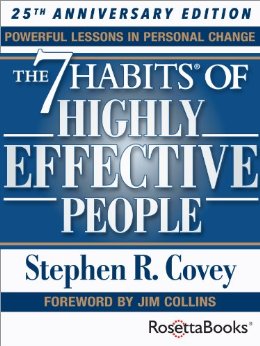Here is my third post on the POLITE system I have developed for conflict resolution training. So far we have discussed what the P and O stand for in the POLITE system. Just as a reminder POLITE is an acronym for the following:
- Position
- Observation
- Listening
- Intuition
- Talking
- Emotional state control
The third letter in the system is obviously L and this stands for Listening.
Listening is the key to building rapport with your client or customer. It is a skill that needs to be practiced and practiced, Dr Stephen Covey, a man I admire greatly, suggests in his fantastic book The Seven Habits of Highly Effective People that there are five different levels of  listening.
listening.
He describes the five levels as being the following:
- Not listening – this exacerbates conflict
- Pretend listening – when nodding but not actually listening
- Selective listening – when you only listen to what you want to hear
- Active listening – this is through your perception of the world using your personal filters
- Empathic listening – listening with empathy, which again needs to be practiced and developed, to help you comprehensively understand or solve the conflict or negotiation.
There is no doubt that empathic listening is powerful and the best form of listening but it is also the hardest.
We must also remember that it’s different from sympathy, as often with empathy you understand but you don’t necessarily agree with what they are saying or have done.
Dr Stephen Covey suggests:
“Empathic listening gets inside another person’s frame of reference. You look through it, you see the world the way they see the world, you understand their paradigm, you understand how they feel. Empathy is not sympathy. Sympathy is a form of agreement, a form of judgement. And it is sometimes the more appropriate emotion and response. But people often feed on sympathy. It makes them dependant. The essence of empathic listening is not that you agree with someone; it’s that you fully, deeply understand that person, emotionally as well as intellectually.”
In truth, there are times for sympathy and times for empathy and the real skill is knowing when to use which. If you can do that you are on your way to being a very good negotiator.
If you listen first in a conflict and empathise with the person before making a judgement, you may find that you can be a much more effective negotiator.
Covey puts it best when he says:
“Seek to understand before being understood”
Related Posts:
Recent Comments